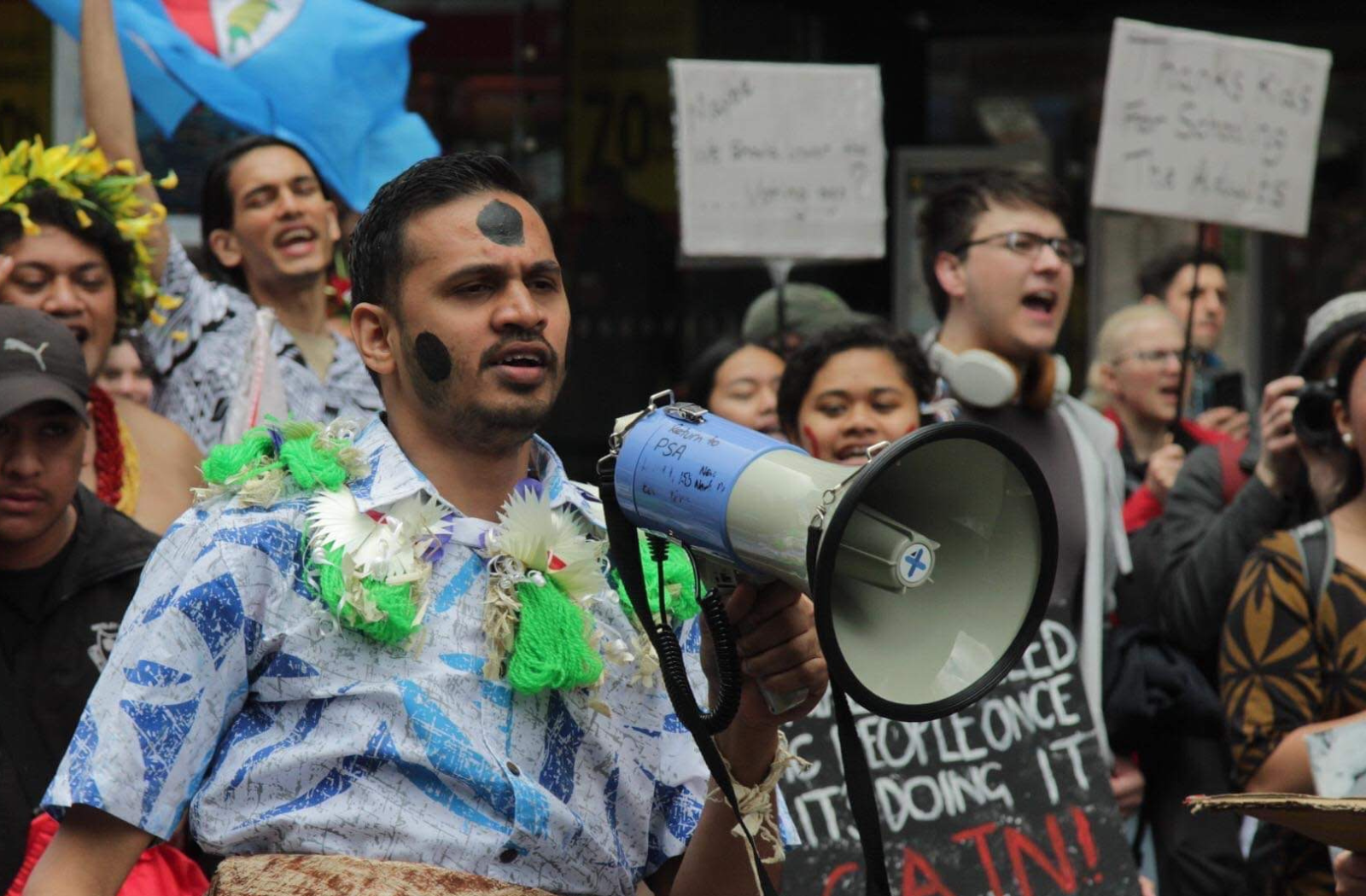Blog by Bryce Adamson, Commonwealth Legal Officer (institutional matters), Deepa Pullanikkatil (outgoing Commonwealth Climate Finance Adviser to Fiji), Sarthak Roy (Assistant Research Officer, Governance and Peace), and Wei Chen (Programme Assistant, Economic Development, Trade and Investment)

In July, the International Court of Justice delivered a profound Advisory Opinion on Obligations of States in respect of Climate Change, tipping the scales towards climate justice. The World Court says past emissions matter. It says that harm already done, loss and damage already endured, must be recognised and repaired.
This means not only halting harmful practices but also delivering full climate reparations. It says that this must be done, not as aid or charity, but as required by law.
Achieving complete restitution is often unfeasible in the context of climate change due to irreversible damage. Nonetheless, reparations can involve restoring ecosystems, rebuilding infrastructure, or enhancing carbon sinks. When restitution is unattainable, the Court indicated that compensation should be provided for both environmental and economic damages, even if quantifying the harm proves challenging.
The Advisory Opinion also includes “satisfaction” as a remedy: formal acknowledgments of fault, apologies, or initiatives aimed at public awareness as a legitimate form of reparation.
Beyond reparations, the Opinion addresses displacement
Climate-induced displacement also falls within the scope of international protection obligations. Where climate change poses a real risk to people, the non-refoulement principle applies, meaning countries cannot forcibly return people to situations where their life would be threatened.
For Pacific nations, where rising sea levels and extreme weather patterns have jeopardised — and continue to threaten — habitation, this offers significant encouragement.
On sea-level rise, similar to the Apia Commonwealth Ocean Declaration, the Advisory Opinion emphasises that even if territory is lost and populations are displaced, claims to statehood and control over natural resources would endure.
In this regard, the Court’s conclusion is consequential as it stated that the "climate system" is a "shared resource" and declared that the duty of international cooperation is vital for resolving the global challenges of climate change.

The Court also importantly recognised that states owe special international law obligations to the global community as a whole (Erga omnes obligations) regarding the climate system, and in particular the duty to prevent significant transboundary harm under customary international law.
This is a significant statement as it extends this obligation beyond the normal consensual basis of international law. In other words, states hold this duty even if they are not a party to the Paris Agreement, or any other environmental treaty.
Relatedly, any state(s) — even if not harmed themselves — can hold a relevant state responsible for this duty, including the requirement to mitigate against climate change.
Pacific students fought for climate justice, for the world
The fact that this initiative was led by Pacific Island students is a moment of pride. Their courage and clarity have moved the world’s highest court to affirm that states have binding legal obligations to prevent climate harm and to protect human rights. This is climate justice in motion, and it is the Pacific that led the way for this win for the world.
Our Commonwealth Climate Finance Adviser to Fiji has had the opportunity to contribute in small ways to the country’s efforts to access climate finance for relocation initiatives, particularly in response to sea-level rise. She supported the development of Fiji’s first Loss and Damage proposal seeking to assess the impacts of climate-related losses on rice crops.
Having met the climate-affected communities while doing this work, the experiences reinforced her understanding that climate finance is not aid; it is a matter of legal and moral responsibility. The Advisory Opinion affirmed this truth.
The Commonwealth is home to two-thirds of the world’s Small Island Developing States (SIDS). The ICJ’s Opinion is a reminder that small voices can shape global norms.



